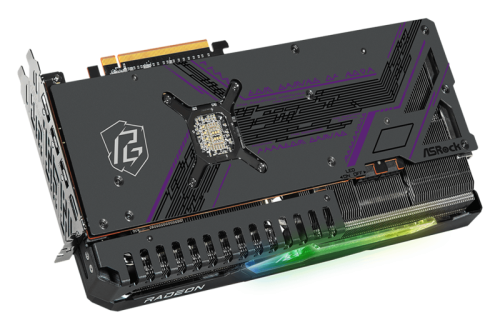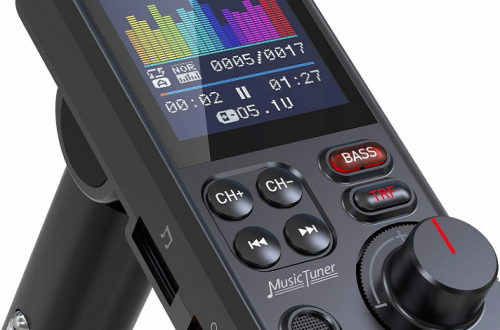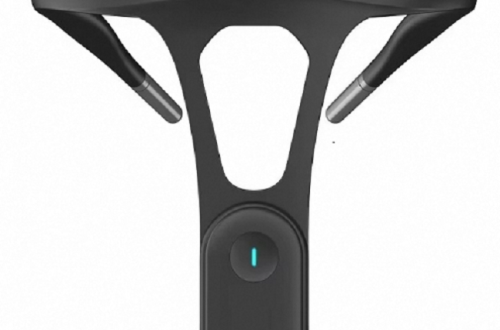Introduction
When investing in a MacBook Air, it’s natural to wonder about its lifespan and how long it will continue to perform optimally. Understanding the lifespan of your MacBook Air can help you make informed decisions about upgrades and replacements. In this article, we will explore the factors that influence the lifespan of a MacBook Air and provide insights on how long you can expect your device to last.

1. Hardware Durability
1.1 Build Quality and Materials
The build quality and choice of materials greatly influence the durability and lifespan of the MacBook Air. Apple is known for its meticulous attention to detail and use of premium materials, such as aluminum alloy, in the construction of their devices. The sturdy build of the MacBook Air helps safeguard its internal components and extend its lifespan. The aluminum alloy chassis not only provides structural integrity but also offers resistance to dents and scratches, enhancing the overall durability of the device. With proper care, the MacBook Air can withstand everyday wear and tear, making it a reliable companion for years to come. Apple’s commitment to high-quality materials ensures that your MacBook Air remains functional and aesthetically pleasing, further reinforcing its longevity.
1.2 Thermal Management
Efficient thermal management is crucial for the longevity of any electronic device, including the MacBook Air. MacBooks are equipped with advanced cooling systems and heat dissipation mechanisms to prevent overheating. Proper thermal management ensures that internal components are not subjected to excessive heat, which can lead to performance degradation and reduced lifespan.
1.3 Battery Lifespan
The lifespan of the MacBook Air’s battery is an important consideration when evaluating the overall longevity of the device. Lithium-ion batteries, commonly used in MacBooks, have a limited number of charge cycles before their capacity starts to degrade. However, Apple’s optimization techniques and battery management systems help extend the battery lifespan, allowing it to last for several years of typical use.

1.4 Upgradability
MacBook Airs have limited upgradability compared to their larger counterparts. The thin and lightweight design constraints make certain components, such as RAM and storage, non-upgradable. While this doesn’t directly impact the lifespan, it may influence how long the device remains relevant for certain tasks. Opting for higher configurations at the time of purchase can help future-proof your MacBook Air.
2. Software Support
2.1 macOS Updates
The lifespan of your MacBook Air is directly influenced by the software updates provided by Apple. Apple typically offers software support for their devices for several years after their initial release. These updates not only introduce new features but also enhance security measures and improve overall performance. By regularly updating your MacBook Air with the latest macOS version, you ensure better compatibility with new software applications and ongoing support from Apple. The software updates address any vulnerabilities, bugs, or performance issues that may arise over time, ensuring that your MacBook Air remains secure and functions optimally. Staying up to date with macOS updates also helps extend the device’s lifespan by maximizing its compatibility with new technologies and software advancements. By keeping your MacBook Air software current, you can enjoy a seamless user experience and take advantage of the latest features and improvements offered by Apple.

2.2 Obsolescence
Eventually, Apple discontinues software support for older devices as newer macOS versions require more powerful hardware. This obsolescence factor affects the lifespan of your MacBook Air indirectly. The older your MacBook Air becomes, the longer it will take for new software updates to be compatible. However, even without official support, older MacBook Airs can still function well and meet the needs of users who don’t require the latest software capabilities.
3. User Handling and Care
3.1 Handling and Transportation
Proper handling and transportation practices significantly impact the lifespan of your MacBook Air. Avoid dropping or mishandling the device, as physical damage can lead to internal component failures. Use protective cases or sleeves when carrying your MacBook Air to safeguard it from scratches and other external damage.
3.2 Cleaning and Maintenance
Regular cleaning and maintenance can help extend the lifespan of your MacBook Air. Keep the screen, keyboard, and trackpad clean by using microfiber cloths and approved cleaning solutions. Avoid using harsh chemicals or abrasive materials that can damage the device. Additionally, periodically clean the internal components, such as fan vents, to prevent dust buildup and maintain optimal cooling.

3.3 Safe Power Usage
Safely using and charging your MacBook Air’s battery is crucial for its lifespan. Avoid exposing your device to extreme temperatures, as high heat or cold can damage the battery. Use the original charging cable and power adapter provided by Apple to ensure proper voltage and current delivery. Unplug the charger when the battery is fully charged to prevent overcharging, which can degrade the battery performance over time.
4. Technological Advancements
4.1 Hardware Innovation
Technological advancements in hardware can render older MacBook Air models outdated. As new generations of MacBooks are released, they often feature improved performance, better display quality, enhanced battery life, and other innovative features. While your MacBook Air may continue to function well beyond its initial release, you may eventually find its capabilities limited compared to newer models.

4.2 User Needs and Expectations
The lifespan of your MacBook Air is also influenced by your individual needs and expectations. As your computing requirements change over time, your MacBook Air may no longer meet those demands. For example, if you’re involved in resource-intensive tasks such as video editing or gaming, you may eventually need to upgrade to a more powerful MacBook or a desktop computer.
Conclusion
The lifespan of a MacBook Air depends on various factors such as hardware durability, software support, user handling, and technological advancements. With proper care and maintenance, a MacBook Air can last for several years and provide reliable performance. However, obsolescence and evolving user needs may eventually lead to an upgrade. Keeping your MacBook Air up to date with software updates, handling it with care, and following safe power usage practices will help maximize its lifespan. By considering these factors, you can make informed decisions about when to upgrade or replace your MacBook Air and ensure that it meets your computing needs for as long as possible.


